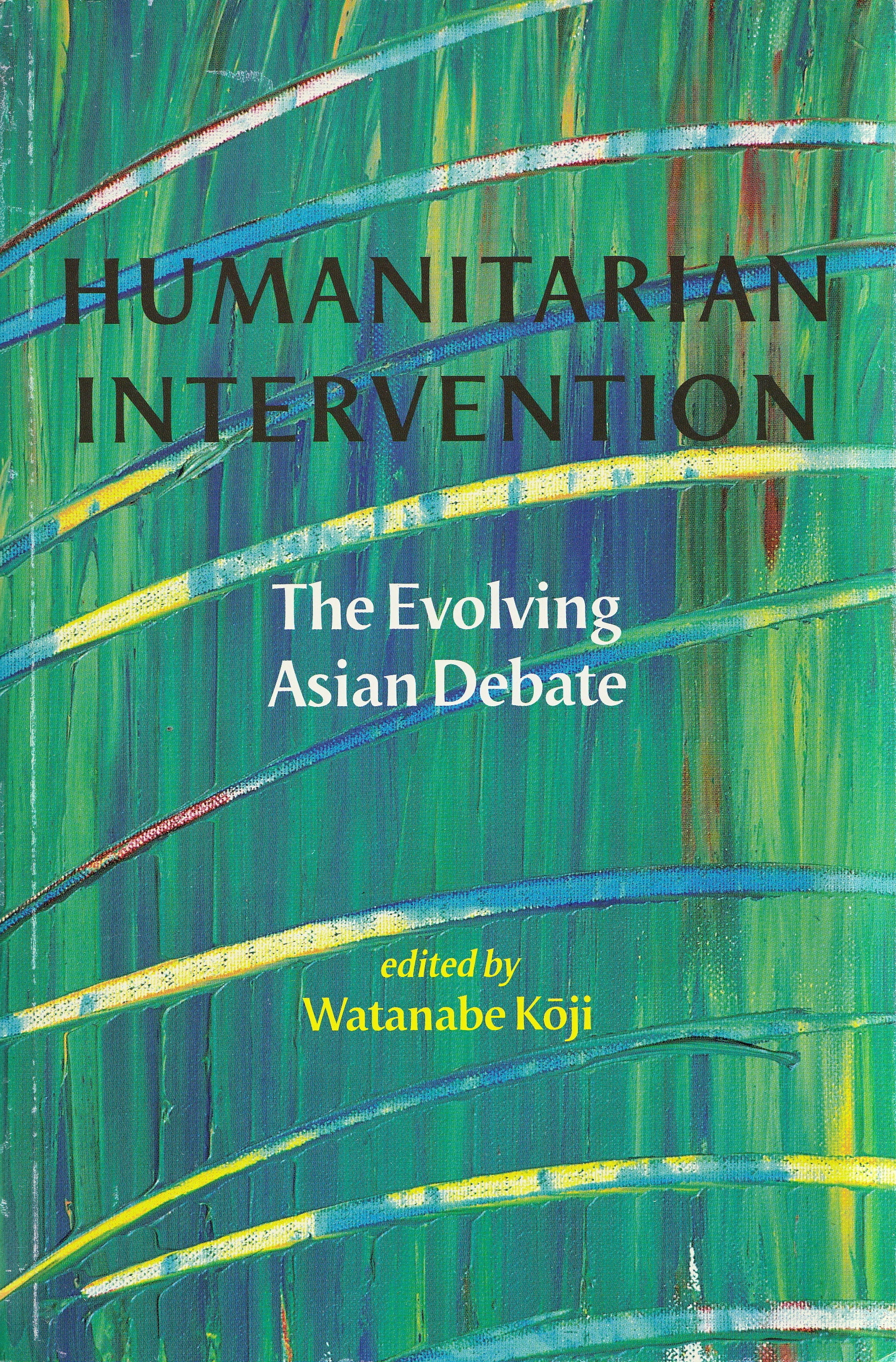With the military intervention in Kosovo by the North Atlantic Treaty Organization in 1999, the issue of whether and when it is acceptable for states to intervene forcefully to halt human rights violations in another state became one of the most contentious subjects in managing contemporary international relations. Conspicuous to the situation concerning Kosovo was the fact that most Asian countries were reluctant to condone forceful intervention. Having experienced events such as the Indonesia “haze problem,” acts of terrorism since the September 11th 2001, terrorist attacks in the United States, and the 2003 war on Iraq, however, many Asians are beginning to rethink the limits to the general principle of nonintervention.
With chapters on China, India, Japan, South Korea, and member states of the Association of Southeast Asian Nations (ASEAN), this book presents a comparative analysis of Asian views on humanitarian intervention. Attitudes that might loosely be characterized as ranging from negative to ambivalent regarding humanitarian intervention seem to reflect five interrelated factors shared to varying degrees by Asian countries: historical experience, status as developing countries, status as small or weak states, problems with the West, and the concept of the “Asian way.” Contributors to this volume analyze these factors in an attempt to identify areas of consensus and divergence, and in so doing make an invaluable contribution to the debate in Asia, a region that is becoming increasingly interdependent, on the value and meaning of nonintervention.
Contents
- 1. Foreword
- 2. The Debate on Humanitarian Intervention
- Koji Watanabe, Executive Advisor, Japan Federation of Economic Organizations (Keidanren); Senior Fellow, Japan Center for International Exchange
- 3. China
- Jia Qingguo, Professor and Associate Dean, School of International Studies, Peking University
- 4. Japan
- Murata Koji, Associate Professor of Diplomatic History, Department of Political Science, Doshisha University
- 5. South Korea
- Kim Sung-han, Associate Professor, Department of American Studies, Institute of Foreign Affairs and National Security (IFANS), Ministry of Foreign Affairs and Trade
- 6. India
- Jasjit Singh, Member of the National Security Advisory Board & Consultant to the Standing Committee of Defence of the Parliament
- 7. ASEAN
- Simon S. C. Tay, Associate Professor, Faculty of law, National University of Singapore
- Rizal Sukma, Director of Studies, Centre for Strategic and International Studies (CSIS), Jakarta
- 8. About the Contributors
- 9. Index
Koji Watanabe, ed.

